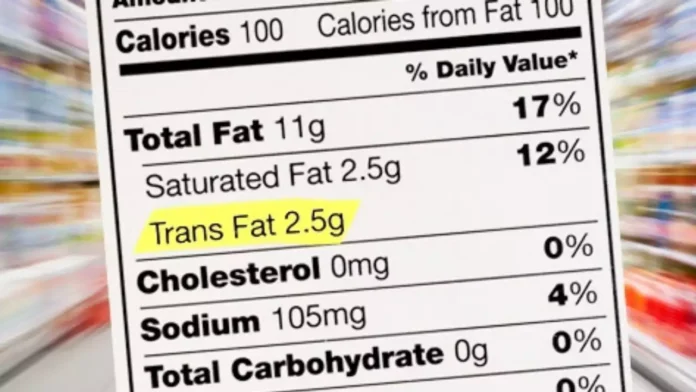The World Health Organization commended Nepal for enacting legislation to limit levels of industrially produced trans-fatty acids in the food supply, a measure designed to enhance health and preserve lives.
“Eliminating trans-fatty acids is a cost-effective measure with great health benefits in preventing premature deaths from cardiovascular diseases,” said Saima Wazed, Regional Director, WHO South-East Asia.
Prioritising prevention and control of noncommunicable diseases (NCDs) in South-East Asia Region, WHO has been supporting countries for elimination of trans-fatty acids from national food supplies, along with other measures. With Nepal’s legislation, now nearly 80 per cent of the Region’s population – 1.6 billion people – will be potentially protected from the harms of trans-fatty acids.
Globally, 540,000 deaths every year can be attributed to intake of industrially produced trans-fatty acids. High trans-fat intake significantly increases the risk of death from cardiovascular diseases.
There are no recognized health benefits associated with trans fats.
Continue Exploring: ‘Healthier’ options account for only 24% of packaged food sales in India, indicates latest ATNI Report
In the WHO South-East Asia Region, 69% of the nearly 9 million annual deaths are attributed to non-communicable diseases, with cardiovascular diseases being a primary contributor to mortality.
In 2018, the WHO introduced REPLACE, a set of six strategies aimed at facilitating the eradication of industrially produced trans-fatty acids. Through collaboration with Resolve to Save Lives, REPLACE protocols are currently being rolled out across the Region.
By 2022 Thailand, India and Bangladesh had adopted regulations for elimination of trans-fatty acids in food supply. Indonesia had complementary policy measures. Sri Lanka issued a regulation in 2023.
Nepal issued the legislation on trans-fatty acids on February 8.
Continue Exploring: Indian consumers make healthier choices with two-color front-of-pack labels, new study finds
Restricting trans-fatty acids is a crucial aspect of the ‘SEA HEARTS’ initiative in the WHO South-East Asia Region, emphasizing the need for unified efforts among all partners and stakeholders to accelerate actions effectively aimed at reducing deaths from cardiovascular diseases.
Nepal’s legislation on trans-fatty acids will add 30 million people to the SEA HEARTS target of protecting two billion people from the harmful effects of trans-fatty acids through best practice or complementary policy measures of WHO REPLACE by 2025.
WHO has been urging countries in the Region to focus on best-practice policies, monitoring and surveillance, to drive progress against trans-fatty acids.
Last month, Thailand was among the first five recipients of WHO certificate validating progress in eliminating industrially produced trans-fatty acids.
Eliminating trans-fatty acids from the food supply will enhance the health and wellbeing of people and also help attain the SDG targets of reducing premature mortality by one-third from noncommunicable diseases by 2030.
Continue Exploring: FSSAI greenlights amendments for single food certification authority





